
Caption: Chart showing substantial difference in per captia emissions by nation. Using this standard, Canadians cannot used the excuse that their country contibutes 2% of the worlds GHGs. Rather, the per capita standard ought to be used as a measure of responsibility. Note: this chart is now outdated - Canada is now matching U.S. emissions levels per capita.
The most commonly used excuse for inaction by Bush and Harper is China's rising emissions. Here is a valid response to that argument, in addition to the moral argument that we Canadians produce a per capita emission:
Chinese emissions are caused in large part by production of goods for the North American market. See critique of overconsumption of natural resources" by World Wildlife Federation.
If we consume less Chinese emissions will necessarily go down. Proof? WalMart is the biggest retailer in the world and a majority of its goods (84%) come from China.
In other words, Chinese emissions don't happen in a vaccuum: they are a direct result of over-consumption in Canada and the U.S. for good we don't need with money we don't have (i.e. credit cards). We can lower our emissions and China's at the same time buy buying less crap.
Further viewing: check out this video: Buy Nothing Day
Further reading: a report on the ecological damage caused by Wal-Mart due to illegal logging:
How Wal-Mart causes illegal logging and threatens endangered species"

Caption: Poster from documentary "WalMart: the high price of low costs"

Caption: Coal fields in China. Edward Burtynksy photo of Bao Steel #10, Tanggu Port, Tianjin, China, 2005. Chinese coal and steel industries are the fastest growing in the world.
Why can't we go in the direction that Germany is going in?
In early 2007 Dr. Hermann Scheer, the German parliamentarian who wrote energy efficiency legislation which Germany put into force in 2000 AD, spoke at Queen's Park. He strongly advocated our transition to renewables and conservation. Since that time, little has been done. There is a real disparity between speech and action at all levels of government. The McGuinty "green plan" is woefully inadequate and appears to be designed more or PR value than to effect real change.
Meanwhile, since 2000 Germany has made major strides towards a sustainable culture and recently announced plans to acheive a 40% reduction in emissions by 2030, based on 1990 CO2 levels. This, so far, is the most ambitious plan by a G8 nation for emissions reductions, although as this article illustates coal plants are still being built in Germany, and Germany's direction is not without difficulties. Despite this, Canada ought to follow Germany's lead on a number of initiatives. See what Germany is doing to conserve energy in detail. It seems that the main thing they have there that we do not have here is political will to change. Germany wants to be a world leader on energy efficiency and this desire is spurring much of the change. See this article as well.

Caption: photo of Dr. Scheer
Solar Pioneer in Germany: Hermann Scheer, the man behind this revolution in Germany, is a veteran of the Bundestag, the German parliament. After 20 years of selling the concept to the German public, his revolutionary ideas were legislated in 2001 when the Renewable Energy Sources Act was passed. Scheer attributes the success of the program to what he calls an "irresistable combination of freedom and autonomy" - freedom for individuals to generate their own power and do good for the environment at the same time, two values that often conflict. Source: CBC artile on solar power.





















































































































































































































































.jpg)





































































































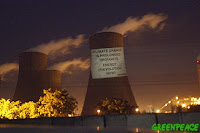






























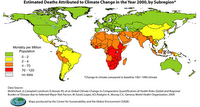

















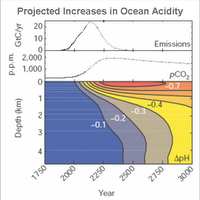























































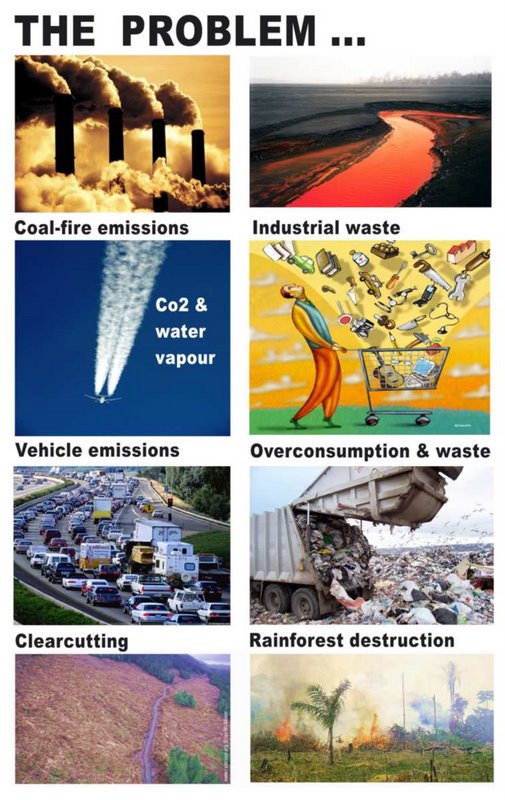

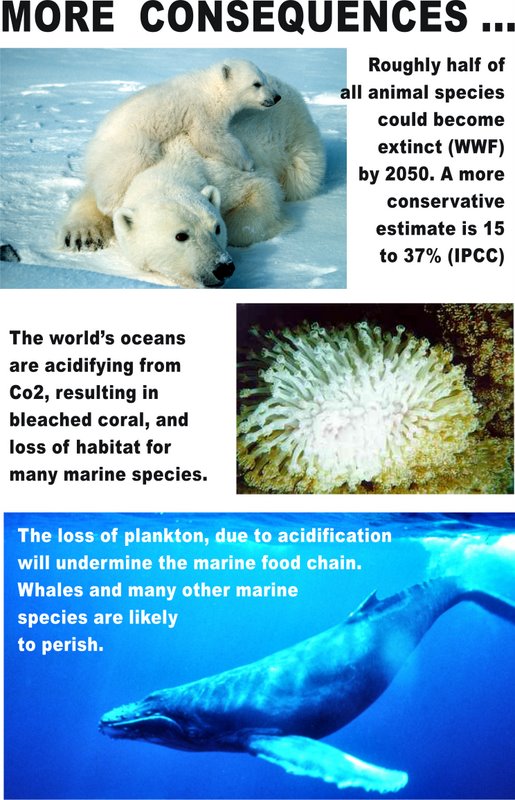








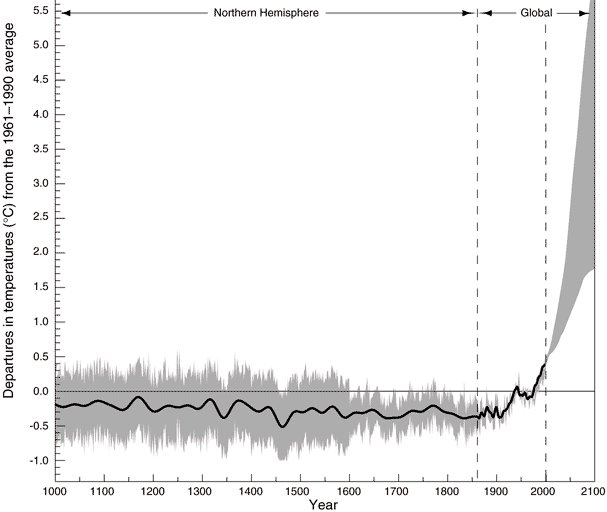


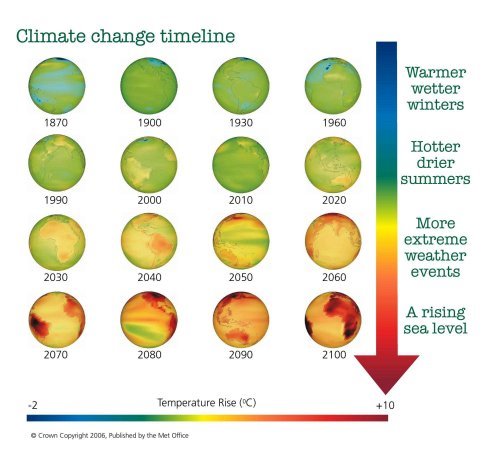




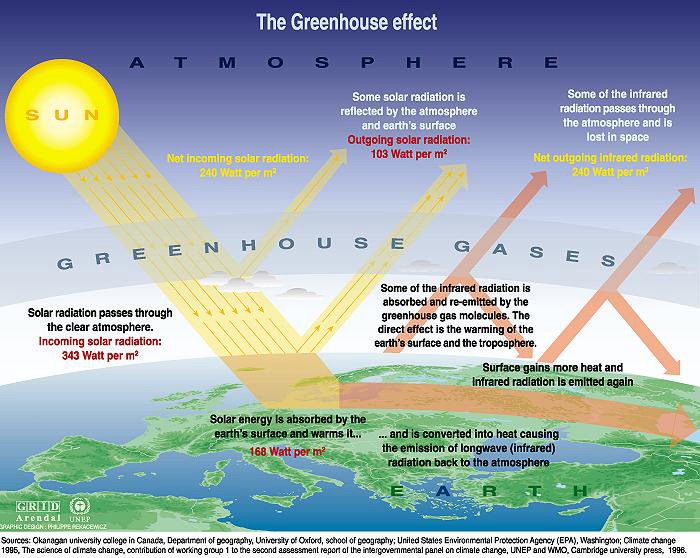

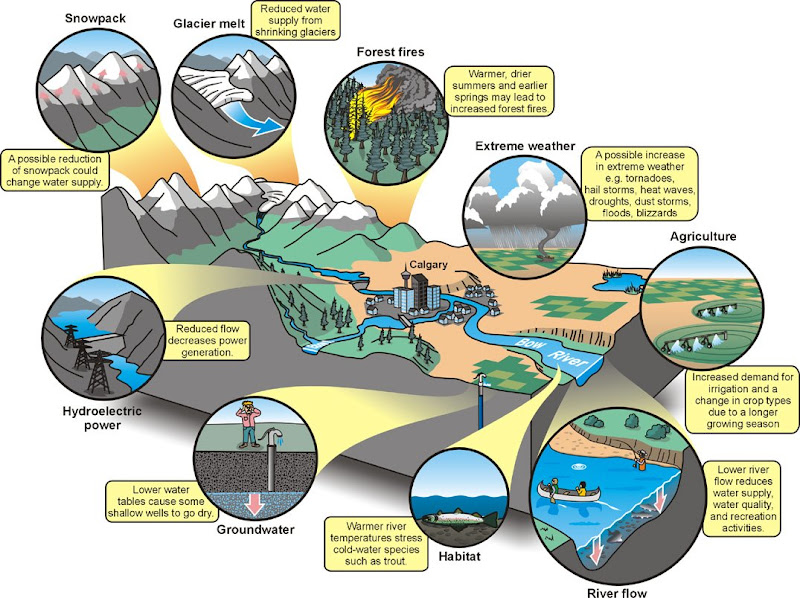







No comments:
Post a Comment